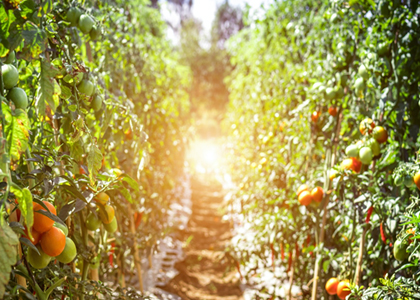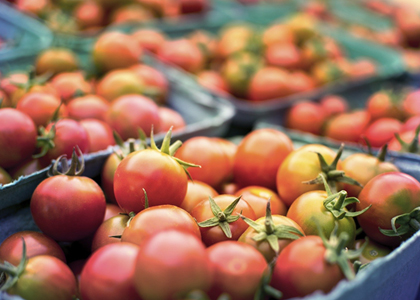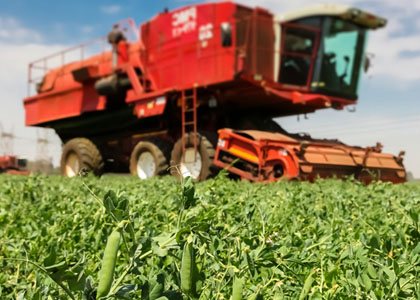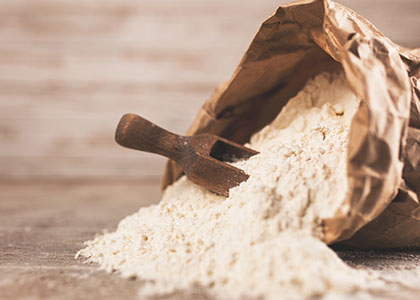Home / Blog / 4 Steps To Help You Source A Reliable Agricultural Products Supplier
Summary
The success of the entire agricultural supply chain is predicated on the knowledge that your product supplier is a professional organization and is informed on the latest practices across the industry. These include:
- Quality checks
- Controls
- Correct sourcing of goods and materials
A professional supplier also needs to be aware of the commercial quality standards for all agri-support products used across farms.
When it comes to supply chains, a qualified supplier must be cognizant of the flow of products and information between all the supply chain member organizations – from procuring materials, transforming these into finished products, to final distribution.
Informed agricultural suppliers are in a position to facilitate agricultural produce and drive consumption patterns. Agricultural suppliers can guide and influence processes and drive stable supply chains to meet consumer demands. With a reliable agricultural supplier in partnership, agricultural products can continue along the supply chain without too many fluctuations in pricing and quality.
A reliable agricultural supplier ensures that the agricultural and animal health-producing sectors are provided with the correct agrochemicals and veterinary products. In addition to providing quality products and sustainable, reliable supply chains, a professional agricultural supplier can give support by offering storage infrastructure and other facilities to farmers.
Timely sourcing from a reliable agricultural products supplier with the right local intel can help ensure that your agricultural produce is of the best quality and free from diseases.
Index
1. Ensure product quality and consistency
2. Confirm supply chain stability
3. Enquire about additional support
4. Local resources, knowledge, and experience
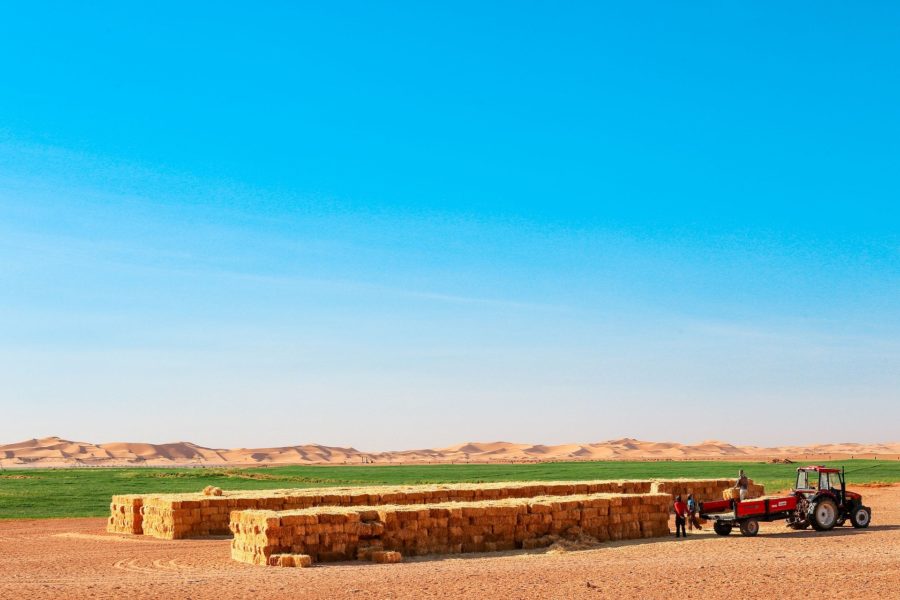
The world is currently facing serious hurdles due to climate change. At such a time, the importance of sustainable agriculture that is kind to the environment and can still feed entire populations becomes even more important.
The agricultural sector is undergoing exponential growth, particularly in the Middle East, where new technologies and digital integration are allowing room for more environmentally conscious large-scale agricultural production.
With a sector as important as this, finding the right product supplier is critical. That’s why it’s vital that you research potential suppliers before making your decision.
Being informed
Agricultural products have an important role in today’s world economy. In particular, products derived from crops serve various customer demands, e.g., food, biofuel, etc. That is why a supplier has to be well informed with the latest international standards, as well as be up to date on local trends.
Here are four reasons why agricultural producers should consider doing their homework on their product’s supplier:
Step 1 – Ensure Product Quality and Consistency
With a growing global population, there is a constant demand for food. Regional, consumer patterns are being driven by younger populations who are conscious about what they consume.
Even the most conscientious producers are seeking cost-saving opportunities within their manufacturing operations. Of those, the easiest to compromise on is quality. Farmers need to ensure that the products being supplied to them meet the top-most standards by being up to date on international and national quality checks.
In any agricultural production unit, there are both national and international commercial quality standards that farmers have to meet. These are based on:
- Existing international and national standards
- Industry and trade practices
- Regular review and amendments
The entire agricultural supply chain is built on the understanding that the supplier of the product is informed of the latest quality checks and controls and is sourcing and supplying products with the correct documentation and paperwork.
Today, there are over 100 standards that have been adopted internationally for the purpose of facilitating agricultural trade. These commercial quality standards cover not just the kind of agri-support products used across farms, but also how a wide range of perishable products is sourced, produced, and distributed. How reliable an agricultural producer is, has an impact across the entire supply chain. Some of the various categories of standards are highlighted below:
- Livestock-related standards: Livestock farmers sourcing from agricultural suppliers need to ensure some of the following conditions are met:
- Compound feeds used in livestock additives are balanced to optimize the health and production of the animal.
- Specialty feeds, premixes and feed phosphates have the correct levels of minerals, vitamins, micro-ingredients, and other essential nutritional components.
- Formulated feed blends cater to the specific requirements of livestock, poultry, fish, shrimp, horses, or camels.
- Compliance and quality assurances are supported by the correct ISO certifications.
Example: The Saudi Food and Drug Authority (SFDA) regulations for livestock and poultry meat products require health certificates verifying that the animals have not been fed animal protein. For this, agricultural suppliers need to provide farmers with certified animal-free foods.
- Food additive regulations: The six GCC countries and Yemen have issued detailed directives that allow the use of specific additives in foodstuffs.
For any agricultural unit that manages its own industrial-scale production (for example, manufacturing potato chips from on-farm potatoes, or juicing units from farm fruits) it is important to ensure that all products meet regulations.
There are commercial quality standards applied to the production of all agricultural and livestock produce. These standards are developed and upheld by a specialized organization within the United Nations, the United Nations Economic Commission for Europe (UNECE). The UNECE’s Commercial Agricultural Quality Standards may be adopted by any country and are designed to provide a consistent, high level of quality.
Example: Saudi Arabia is a leading producer of nuts and dried produce, such as dates. The UNECE sets specific standards for many aspects of production, such as pesticide usage. Amounts may be adjusted, according to climatic changes and producer requirements. Additionally, UNECE may decide to add more varieties to its annexes of standards, which may require some Saudi producers to adjust their operations.
The body helps facilitate international trade, encourage high-quality production, improve profitability and protect consumer interests. These industry-established standards are used not only by agricultural producers, but also traders, importers, and exporters. Agricultural suppliers need to be cognizant of these standards to ensure that farmers sourcing from them are not compromising on any front.
Step 2 – Confirm Supply Chain Stability
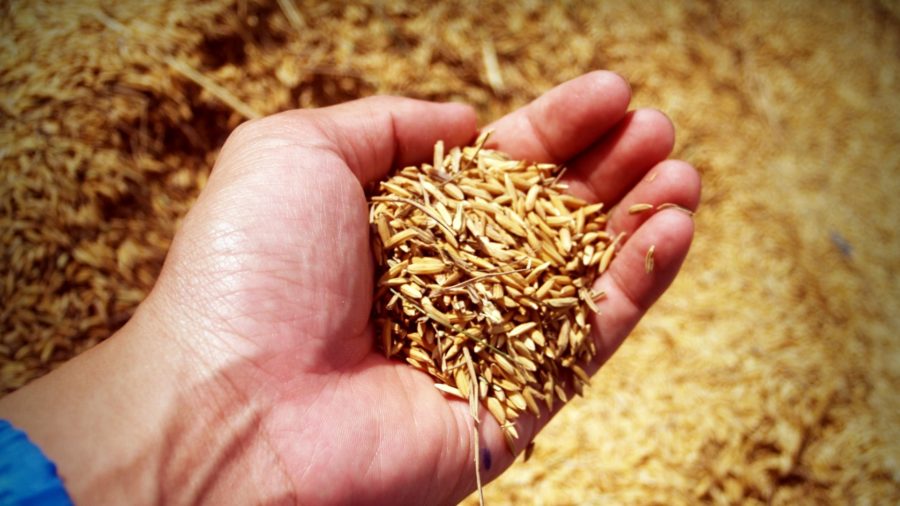
Supply chains are principally concerned with the flow of products and information between all the supply chain member organizations – from procuring materials, transforming these into finished products, to the distribution of those products.
Stable supply chains help farmers maintain inventories and balance costs. Three important areas within the agri-food supply chain include coordination between:
1. Interdependent factors that source different raw material
2. Coordination mechanisms that convert raw materials to produce
3. Methodologies implementing this change and coordinating dispersal
Working across these three areas within the supply chain, agricultural suppliers can assist in the following ways:
- Guide “value creation” to meet consumer demands
The shifting behavior of regional consumers indicates that buyers have clear preferences on what they want as well as the value they expect from that product.
Informed agricultural suppliers are, therefore, in a position to facilitate a “value” for an agricultural product and drive consumption patterns. With their guidance, agricultural suppliers can influence agricultural processes and drive stable supply chains that meet consumer demands.
Example: Within the GCC, Saudi Arabia is the largest market for fruits and vegetables. Currently, the country is witnessing a high demand because of changing consumption patterns and rising awareness.
While the country is able to meet its domestic demand for vegetables, they are still largely dependent on imports from Europe for fruit produce. Additionally, organic fruits and vegetables are gaining popularity. To meet this increase in demand, agriculture product suppliers are sourcing the latest in organic seed varieties to drive farmers to change planting trends.
- Help combat increased prices
When there is a break in supply chains, prices are increased with the farmer bearing the brunt.
In small-scale agricultural units, a farmer obtains raw materials from a supplier, produces crops, and then sells to a middleman to process and package food for the market. When there is a break in the supply chain, between the raw-material supplier or access to the market, the farmer gets caught in the middle and has limited choices.
Large-scale agricultural units, which can process their own produce, are better able to weather such discrepancies. Ensuring that you have a reliable supplier means that you don’t have to suffer losses.
Example: Saudi Arabia has been experiencing a high demand-supply gap. There has been an ongoing crisis and difficulty in obtaining sufficient agricultural labor.
The shortage of labor is contributing to a rise in wages that further drives up prices. With a reliable agricultural supplier in partnership, agricultural products can continue along the supply chain without too many fluctuations in prices.
- Provide reliable access to raw materials
A reliable agricultural supplier ensures that the agricultural and animal health-producing sectors are provided with the correct agrochemicals and veterinary products. This includes:
Agrochemicals:
- Fertilizers
- Crop Protection chemicals
- Organic Farming Products
Veterinary products:
- Pharmaceuticals
- Disinfectants
- Additives
- Vaccines
Example: For years, Saudi Arabia’s agricultural industry has suffered from high costs for raw materials. Particularly when materials are imported, costs can be prohibitive and strain producers. Local production can help mitigate these costs while maintaining a steady, regular supply of raw materials to this vital sector.
Step 3 – Enquire about additional Support
In addition to providing quality products and sustainable, reliable supply chains, a professional agricultural supplier can provide additional support by providing storage infrastructure to farmers.
This logistic support can include:
- Transport services
- Cool chain support
- Facility for storage, including warehousing, cold storage, and ripening chambers
- Storage shed facilities for cleaning, grading, sorting, and packaging of produce
- Advisory on technical or new services
- Financial services
Specific support in feeds and products
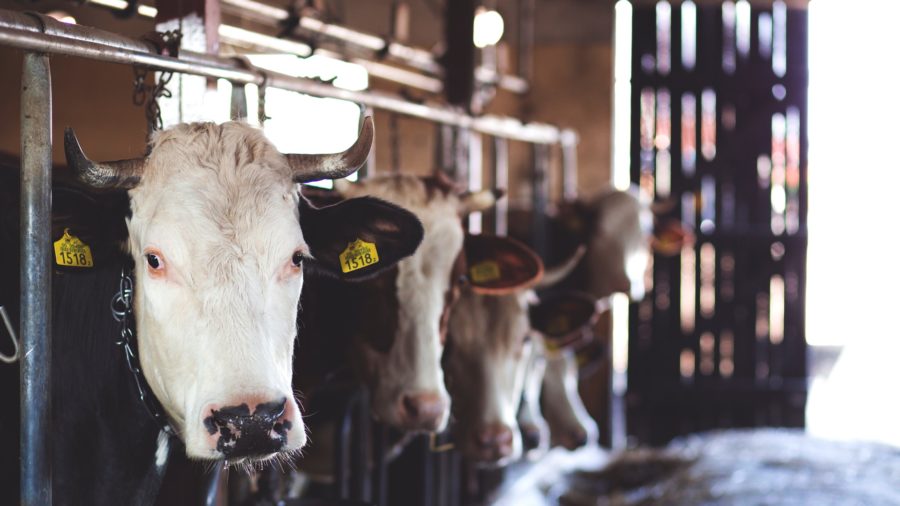
Buying commercial feed grains and feed products from established agricultural providers who source from the best global merchants and mills ensures the quality of produce. When purchasing, you are best advised to keep the following in mind:
- Is your agricultural supplier producing the additives and feeds locally?
- Do they meet all required certifications?
- Is the most modern equipment and technology being used?
- If the commercial feed grain providers are sourcing internationally, does it meet regional checks?
- Are they able to guide you on the advantages of each feed type, energy values, dry matter content, the requirement for the daily stock, use, availability, and suitability?
- Are traceability and quality of the feed grain ensured?
- Does your agricultural supplier understand the conversion of pasture-to-animal-feed products?
- Are they informed about seasonal nutritional needs and supplements, as well as the possible pitfalls and deficiencies that may arise from over, under, or improper use?
- Is your supplier informed of international trends, as well as regional diseases?
- Is your supplier committed to research and sourcing top-quality feed, feed products, and pre-mixes?
Support with fertilizers
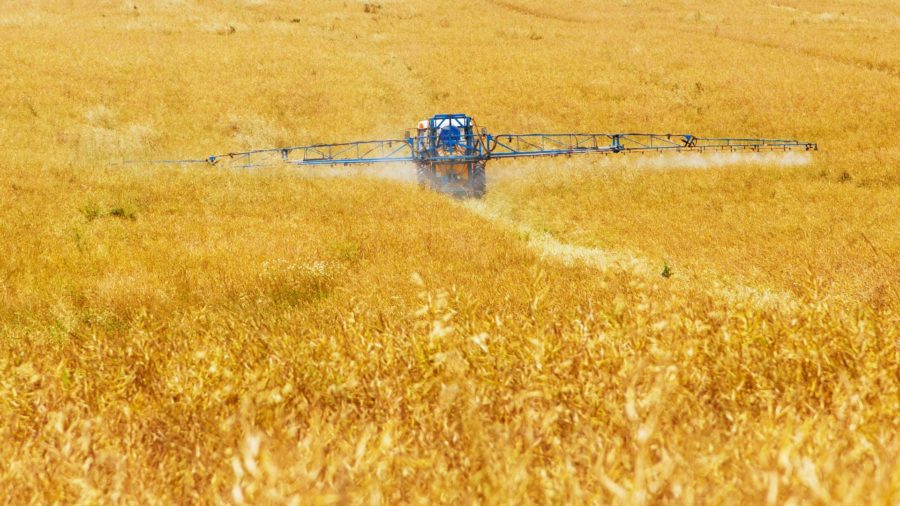
Every agricultural piece of land has its own requirements. Some suffer from excessive salinity and erosion, while others are too densely packed, poorly irrigated or infertile.
Knowing which one needs what kind of fertilizer support comes through experience, which new farmers may not have. This is where an experienced supplier can offer invaluable advice. Knowledge about when and how much to apply can be the difference between a healthy yield and failure.
Before sourcing from a supplier, you may want to check that they are aware of the following requirements:
- Urea is the most widely used solid nitrogen fertilizer that is distributed in granulated form. An experienced agricultural supplier can advise you if it needs to be mixed and dissolved in water or if it can be applied in granulated form.
- Ammonium nitrate is an agro fertilizer typically available from fertilizer suppliers in granular form. Experienced suppliers advise application across citrus plants and for fertilization across grassland for animal pastures.
- Ammonium sulfate is usually sold by commercial fertilizer suppliers as a solid.
- Diammonium phosphate is a commercially produced fertilizer that is distributed via a water-dispensing irrigating system.
- Monoammonium phosphate is a phosphorous-based fertilizer that is used at the germinating stage of a crop cycle. Experienced agricultural suppliers advise using it earlier in the crop cycle to lessen the risk of damage to new seedlings.
- Triple superphosphate is often combined with nitrogen-based fertilizers to provide a better, broad-spectrum application. It is available from fertilizer suppliers in granular form and is applied directly to the soil.
- Potassium nitrate is popularly used across vegetable crops, including celery, potatoes, leafy green vegetables, tomatoes, and several fruit crops. An experienced supplier should be able to guide you on how much needs to be applied at what time of the growth cycle.
Support with Irrigation
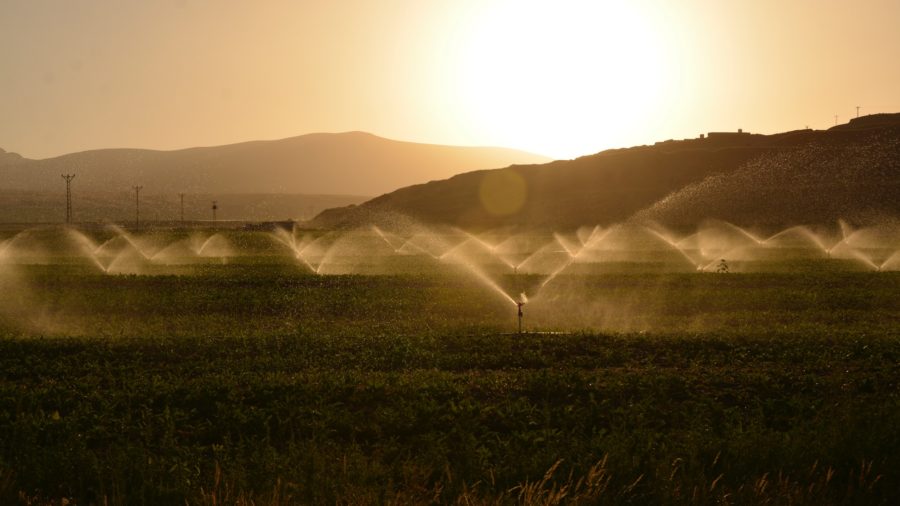
There are several methods of irrigation, which vary in how evenly and how often water is supplied to plants. In addition to supplying goods that facilitate the setting up of irrigation networks, a supplier can also maintain and repair damages to the system.
Additionally, a qualified and well-stocked supplier can guide you in which one needs to be used. A supplier can support you in irrigation with the following systems and their parts:
- Micro-sprinkler
- Sprinkler irrigation
- Irrigation by wheel move
- Sub-irrigation
- Subsurface textile irrigation (SSTI)
Support in scaling projects
Another area where a supplier can really benefit agriculture projects is when an organization needs to grow by:
- Guiding and helping incorporate smart irrigation systems that use digital technologies to deliver water and manage systems.
- Trying new agricultural advancements and technologies without having to expose themselves too widely to possible failure.
Step 4 – Confirm they have Local Resources, Knowledge and Experience

Local knowledge and experience are intimately connected with agricultural cultivation practices, and therefore play an important role in the successful growth of crops and livestock produce.
Having a local supplier, with knowledge of products, supply chains, and demands, and experience with crops, cycles, and weather patterns, can be a greatly beneficial partner for farmers.
This can help farmers in understanding:
- Terminologies and references relating to local labels and use of names based on plant-specific characteristics.
- Concepts that have developed to represent particular agricultural activities, outputs or preferences.
- Beliefs and values, including traditional beliefs and values that can influence agricultural decisions and actions. For example, in Middle Eastern cultures, some foods, like dates, have associated religious relevance. Knowing this helps to drive production cycles.
- Crop management practices, including intimate knowledge of crops and varieties that are part and parcel of local agricultural knowledge systems. A good supplier can provide invaluable information that can help farmers learn and adopt different practices.
Each region has its own climate (and microclimates) that directly affect agriculture on every level, from soil health and water resources to average annual sunlight. Timely sourcing from a reliable agricultural products supplier with the right local intel on herbicides, pesticides, and irrigation can help ensure that your product is of the best quality and free from diseases.
For more information on how a local agricultural supplier can assist your farming needs, get in touch with Agri.



